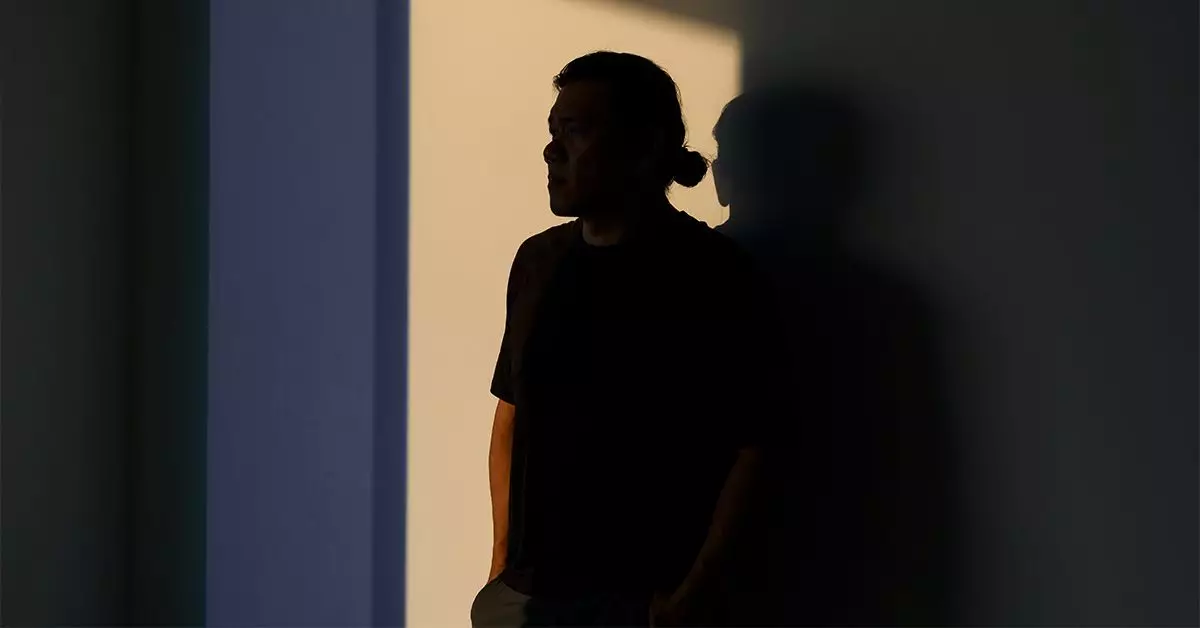Childhood sexual abuse casts a long shadow that can extend far into adulthood, often leaving survivors grappling with a host of mental health challenges. The signs of such abuse can weave themselves into the fabric of daily life, leading to anxiety, depression, post-traumatic stress disorder (PTSD), and a plethora of other psychological and emotional struggles. Understanding these signs is key for both survivors seeking help and those aiming to support them effectively.
One of the most apparent ways that childhood sexual abuse manifests in adulthood is through mental health issues. Conditions such as anxiety and depression are common amongst survivors. Individuals may find themselves perpetually on edge, overwhelmed by the fear of danger or unable to shake a pervasive sense of dread. This hyper-vigilance can severely limit their ability to engage in everyday activities or relationships.
Depression, on the other hand, often presents as a persistent sense of hopelessness and a disinterest in activities that once brought joy. The emotional toll can be immense, leading to debilitating feelings of worthlessness. As these mental health challenges take root, they often create a cycle that exacerbates a person’s suffering, further entrenching them in a state of unease.
Dissociation is another coping mechanism frequently seen in survivors of early trauma. For those who have undergone severe distressing experiences, such as sexual abuse, dissociation may serve as a psychological escape. This disconnect can manifest as an out-of-body experience or a sense of detachment from one’s surroundings. While this mechanism may offer temporary relief, it can hinder an individual’s ability to maintain a coherent sense of self, complicating their interactions and engagement with the world around them.
Such episodes can leave individuals feeling confused and alienated, struggling to re-establish a sense of continuity in their own lives. For many, these dissociative experiences are interwoven with the trauma they endured, creating a complex tapestry of unresolved pain that requires sensitive therapeutic intervention to unravel.
Among the most serious effects of childhood sexual abuse is the emergence of PTSD. Survivors might suffer from continual re-experiencing of the trauma through distressing flashbacks or horrifying nightmares that prevent them from achieving restful sleep. These haunting memories can make it feel as though the abusive experiences are recurring, leading to significant disruptions in daily functioning.
In addition to flashbacks and nightmares, individuals with PTSD may display heightened emotional responses or a sense of constant impending danger. This state of hyperarousal not only fuels anxiety but can also trigger destructive coping mechanisms, such as substance abuse or self-harm, allowing individuals to escape their emotional turmoil.
Desperate to cope with the emotional anguish stemming from childhood abuse, some individuals resort to self-injurious behaviors as a misguided outlet. Self-harm can manifest in various forms, such as cutting or burning, and serves as a physical expression of internal pain. It often reflects a profound need for relief—a way to externalize feelings of guilt and shame that survivors struggle to articulate.
Similarly, substance misuse presents another common coping strategy. The allure of substances often lies in their immediate capacity to numb feelings of agony. However, this can quickly spiral into addiction, further complicating the recovery process and perpetuating a cycle of dependency and emotional distress.
Understanding and Addressing the Impact
Acknowledging these signs and symptoms is crucial for facilitating effective intervention and providing the necessary support systems. It’s not uncommon for adults who experienced childhood sexual abuse to be unaware of how deeply these formative experiences have influenced their present circumstances. Many feel isolated in their struggles, often internalizing their pain in silence.
This highlights the importance of education and awareness within communities, as well as accessible mental health resources. Professional therapy, support groups, and medication management can be invaluable assets in helping individuals begin to navigate their trauma.
By enlightening oneself and others about the myriad ways that childhood sexual abuse can affect adults, society can foster an environment that encourages healing, understanding, and compassion. The road to recovery may be fraught with challenges, but with the right support, individuals can reclaim their lives and develop healthier coping mechanisms, ultimately paving the way toward healing and wholeness.
The effects of childhood sexual abuse are complex and multifaceted, impacting mental, emotional, and physical health well into adulthood. Being able to recognize these signs is vital—not just for survivors seeking help, but for family members, friends, and professionals who play a pivotal role in facilitating their healing journey.

